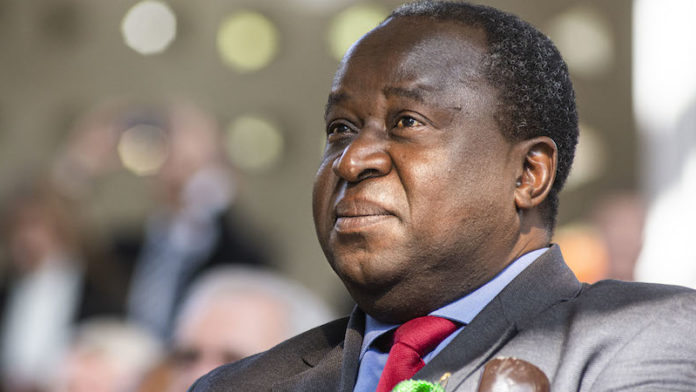
A PLAN by South Africa’s finance minister, Tito Mboweni, to cut public spending and reduce the expenditure of wasteful state departments was met with measured optimism by the country’s mining sector which said it was a step in the right direction.
Mboweni’s 2020 budget statement, delivered in Parliament today, made for sobering reading as it set out a budget deficit to GDP ratio of 6.8%. That was too high and whilst the government has identified a reduction in the deficit to 5.7% over three years, progress was probably too slow, said the council.
However, the council welcomed Mboweni’s announcement that further increases on corporate tax would not be applied.
“It is critical that public sector debt service costs are reduced so that they are no longer a major encumbrance on society,” said Roger Baxter, CEO of the Minerals Council.
“So further hard work is required on managing expenditure growth downwards. South Africa needs to reach a point in no more than five years where the country is no longer having to increase its borrowings in order to service its interest payments.”
The council also welcomed some R2.4bn that had been marked out for the National Prosecuting Authority, the Special Investigating Unit and the Directorate for Priority Crime Investigation. Baxter said last week that it was important to prosecute and judge on corporate malfeasance.
“We trust that this will give rise, at the very earliest opportunity, to the launch of prosecutions of the high-profile individuals responsible for the state capture activities that led us into this crisis,” said Baxter.
“The prosecutions must also include the private sector business leaders who have cost their shareholders, which include the savings institutions serving millions of ordinary peoples’ hard earned savings.”
“We do hope that this Budget will be deemed adequate to save South Africa from losing its last investment grade rating, that of Moody’s.
“If this is achieved, it will assist significantly in achieving the growth goals by reducing foreign share portfolio outflows, restraining borrowing costs and limiting the depletion of reserves,” said Baxter.
“However, there is much more hard work to be done to stabilise the fiscus and make South Africa attractive for investment and growth. This budget was a positive first step.”










